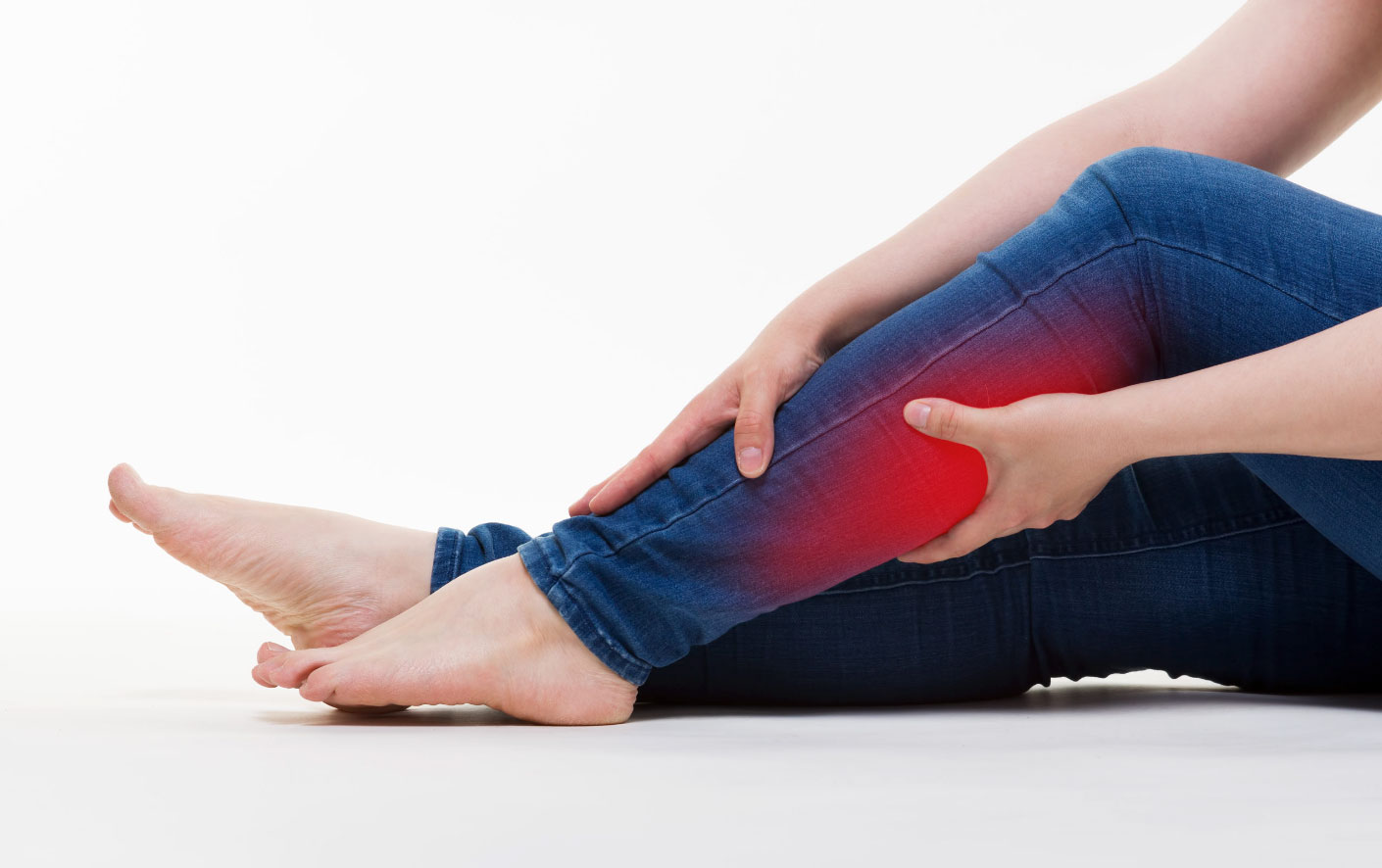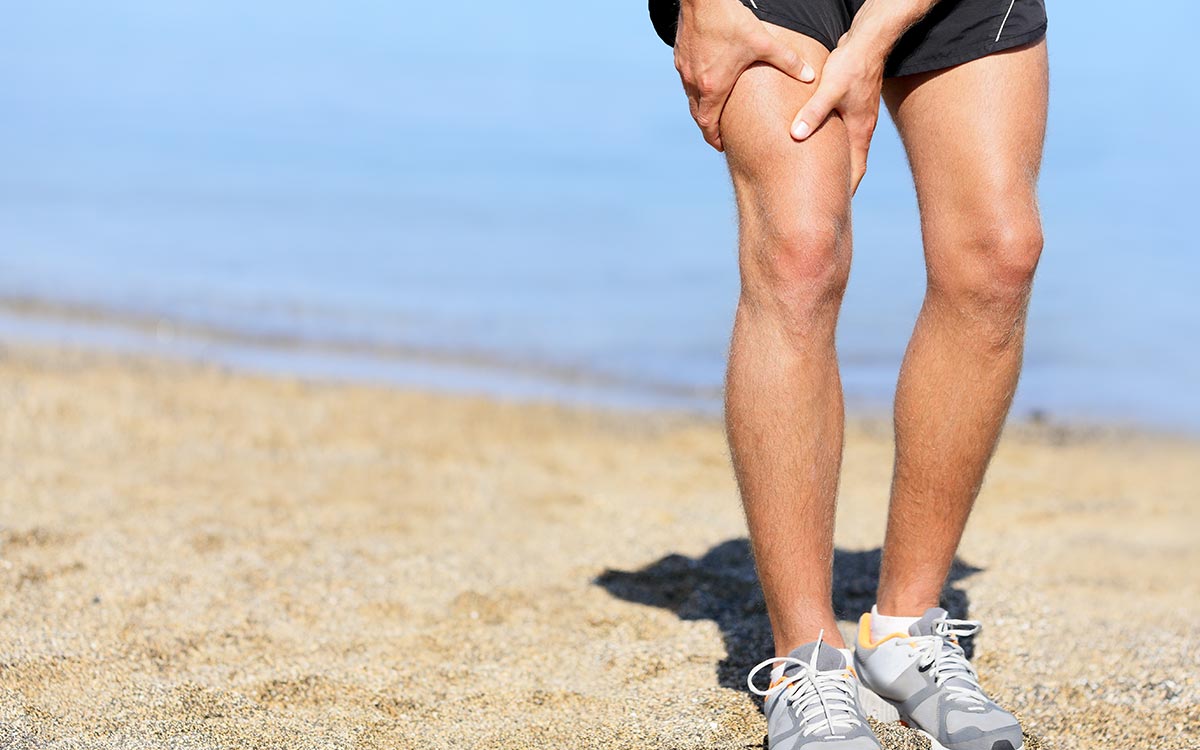
Have you ever been out jogging and then suddenly started cramping up in your legs or feet? For those lucky enough to not be familiar with this experience, it doesn’t feel great. In fact, it feels like your body hates you. You want to exercise to help your body, and it repays you with cramps? The audacity!
However, there are real reasons why you cramp up when you exercise. These exercise-associated muscle cramps (EAMC) are different from other cramps, such as menstrual cramps or abdominal cramps you might get after cramming a Big Mac down your throat too quickly. Scientists have long known that some people are more likely to get muscle cramps than others, but recently, we have discovered that your genetics may play a major role in those pesky pangs.
How can you tell if you’re more likely to cramp up when exercising? You can look at your DNA!
How do muscles work?
How do muscles move, anyway? When you flex a muscle, it tightens up, gets firmer, and then shortens. Wait a minute… how does it get shorter? For decades, scientists puzzled over how muscles work on a microscopic scale. They came up with the “sliding filament theory” in 1954, but it wasn’t until the 1980’s that this theory was confirmed through a series of highly technical experiments.

The basis of this theory are the proteins actin and myosin which are straight filaments that sit on top of each other and slide back and forth to create motion. The fibers of myosin have footlike projections that can “kick” the neighboring actin fibers. Chemical reactions cause these ‘feet’ to kick back and forth. And each “kick” of myosin generates around 2 piconewtons or 0.0000000000004 pounds of force! That should give you an idea of how many muscle fibers work together to generate the power to run, throw, or even just tap a pinky finger.
What happens when you cramp up?
For how common they are, we know relatively little about why we get cramps. The common wisdom was that exercising caused water and salt loss, resulting in an electrolyte (dissolved salt) imbalance and the misfiring of motor nerves. Since muscles need the right salt concentrations to work, this idea made sense. However, recent research has left this theory more and more improbable.
Another theory called “neuromuscular control” is popular nowadays. The basis of this theory is that a fatigued muscle can experience an imbalance between the activating and relaxing impulses from its nerve. When there are more activating signals than relaxing signals, the muscle gets caught in a feedback loop of contraction. Studies on animal muscles support this hypothesis, where fatigue causes a measurable increase in activating signals, and decrease in relaxing signals.
Are you more susceptible to exercise-associated muscle cramps?
The answer lies deep within your cells. Your DNA contains your COL5A1 gene, which is one of the genes responsible for coding for collagen. Collagen makes up around 6% of your muscles by weight.

A change in your COL5A1 gene, also known as a gene variant, at a specific location in your genetic code may create a change in your collagen protein. In turn, there may be a change in the overall structure and function of muscles, potentially altering your risk for cramps. Thus, your DNA can tell you whether you may have a higher (or lower) risk of cramps than other people.
Knowing your level of risk can help you take the appropriate measures to reduce the possibility of cramping during workouts. Those who are more at risk of exercise-associated muscle cramps should spend more time stretching before they exercise. Additionally, it may be helpful for these people to add plyometric exercises (such as jump training) to their regular exercise routines to help prevent fatigue in their leg muscles in the long run.
Use Your DNA to explore your Muscle Cramps
If you're a CRI Genetics customer, you can access your Muscle Cramps Report in your CRI Genetics account right now and find out your own risk of insulin resistance.
Not a CRI Genetics customer yet? Go check out any current promotions and find out how you can get the Muscle Cramps Report (and many more).